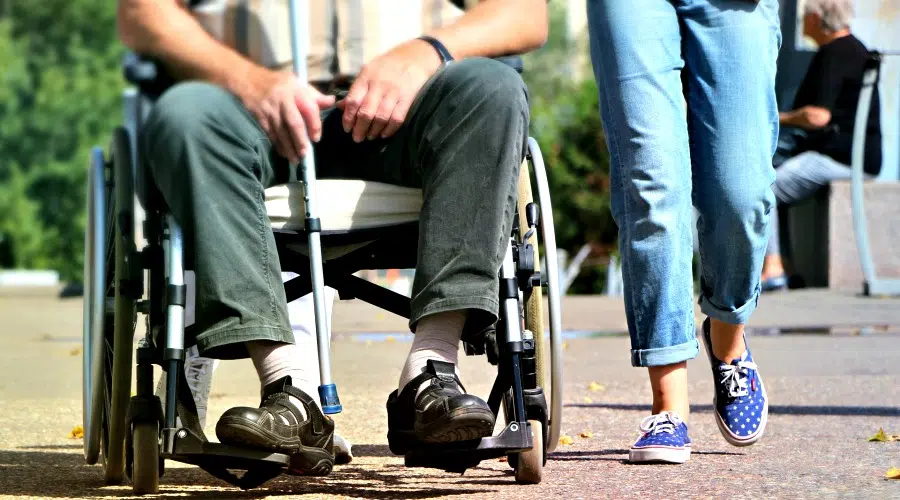
In B.C. housing crisis, disabled people facing brunt of vacancy shortage
NANAIMO — An ultra-low vacancy rate challenges anyone trying to find a place to live in Nanaimo. Now imagine you’re disabled, trying to find an accommodating place with limited funds.
Local disability advocate Richard Harlow, who’s legally blind, struggled for a long time to find a place and in the end lived in apartments he considered unlivable.
“When you’re a person with a disability you’re having to look at multiple extra things. There might be places that are accessible along a bus route, but sometimes the places being advertised should be listed as uninhabitable,” he told NanaimoNewsNOW.
For a time, Harlow lived in an apartment downtown infested with ants, which had no heat and the door wasn’t secure so he heard every altercation in the hallway.



